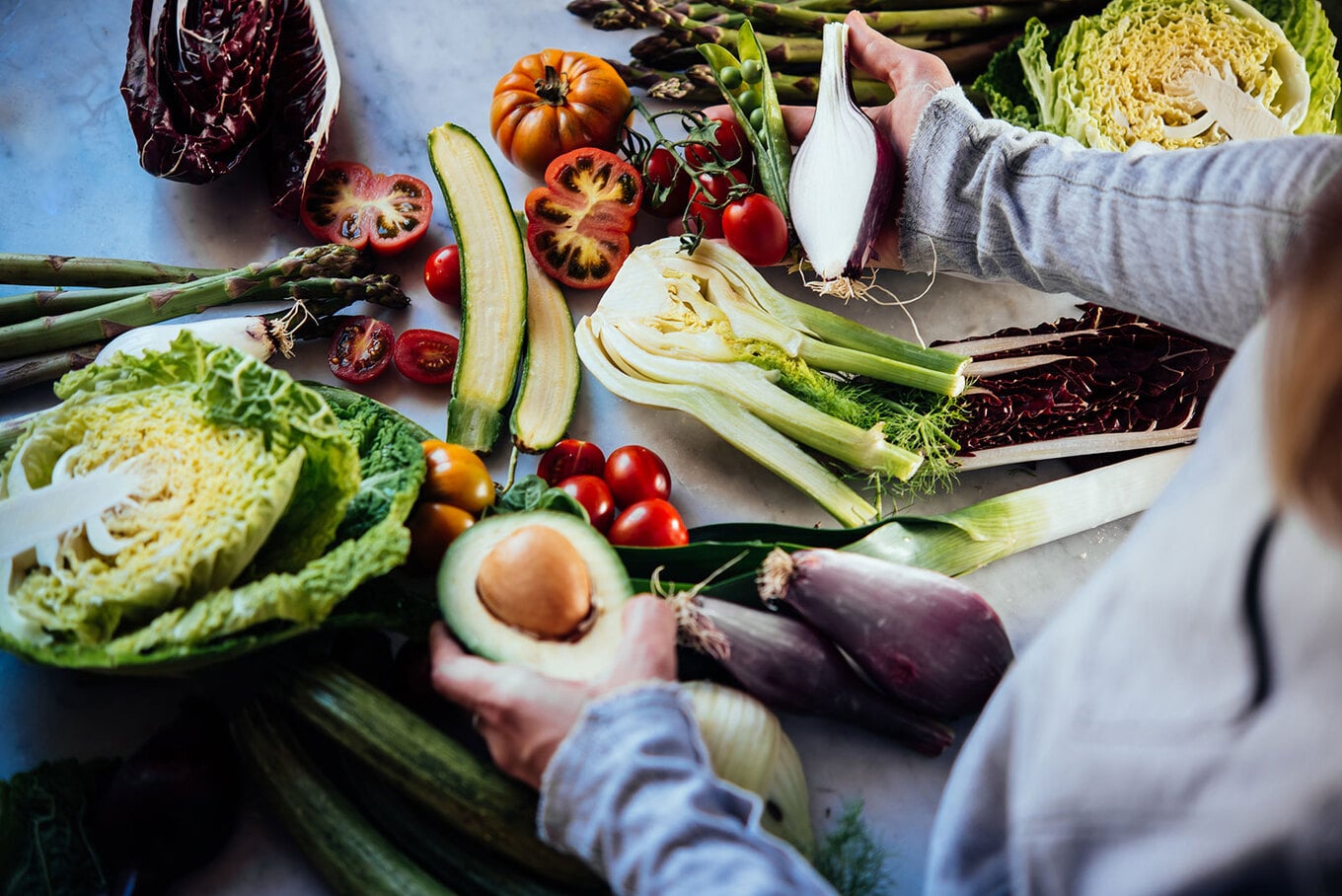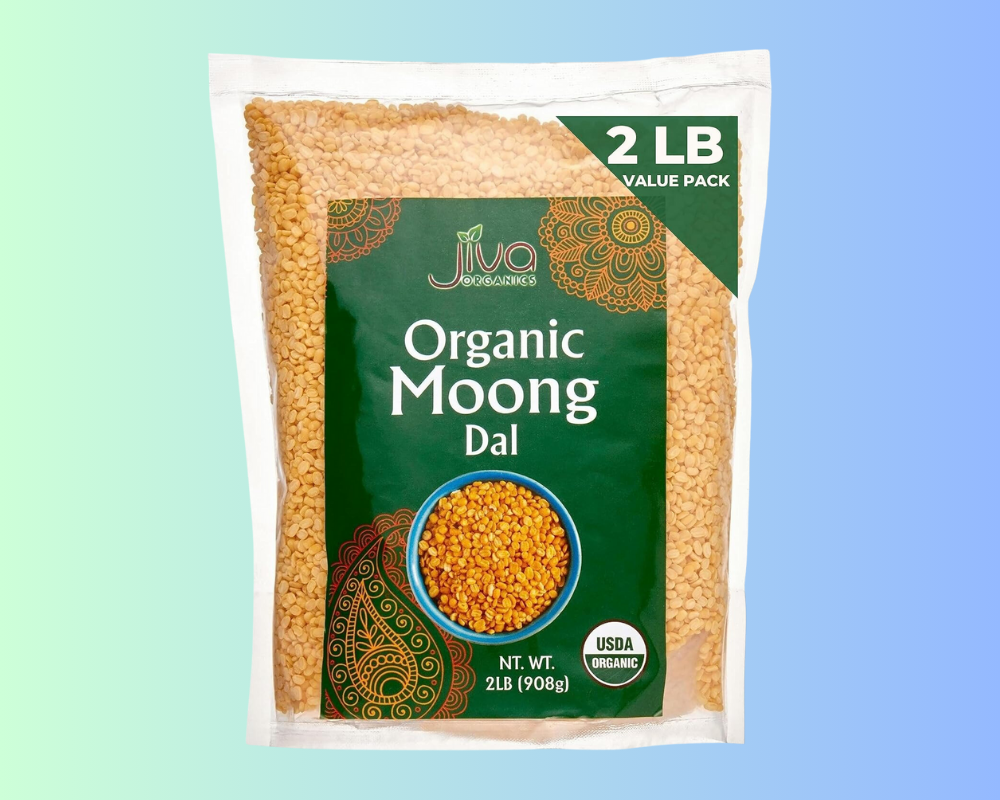Long COVID, a condition characterized by persistent and often debilitating symptoms following a SARS-CoV-2 infection, has baffled medical experts and left many sufferers without effective treatments. However, a growing body of evidence suggests that diet could play a crucial role in managing the symptoms of this condition.
Recent studies indicate that plant-based diets, rich in fruits and vegetables, may offer hope to those grappling with the lingering effects of COVID-19.
Long COVID, also known as post-COVID-19 condition, affects at least 10 percent of individuals who have contracted COVID-19, according to researchers. The symptoms of long COVID are diverse and can include extreme fatigue, fever, respiratory issues, cognitive impairment often referred to as “brain fog,” headache, and more.
 Adobe
Adobe
While the exact cause of long COVID remains elusive, certain factors, such as older age, being female, pre-existing chronic conditions, and a history of severe COVID-19 infection, increase the risk of developing this condition. Vaccination and early treatment with antivirals have been shown to reduce the likelihood of developing long COVID.
Table of Contents
Can diet help COVID symptoms?
Recent research indicates that a balanced diet rich in a variety of nutritious foods may be an effective way to manage long COVID symptoms. Several diets have been considered as potential treatments for long COVID, including vegetarian and vegan diets. Vanita Rahman, MD, DipABLM Clinic Director, Barnard Medical Center, emphasizes that a plant-based diet can significantly enhance overall well-being and help manage symptoms.
“Long COVID is often associated with depression, anxiety, and fatigue. Plant-based foods have many benefits when it comes to depression and anxiety,” Rahman tells VegNews.
Plant-based diets are emerging as a potential ally in the fight against long COVID. According to a 2021 study, a plant-based dietary pattern may benefit individuals with conditions that are also commonly reported by those with long COVID, including fatigue, sleep disorders, headaches, anxiety, depression, and musculoskeletal pain.
A recent study published in the medical journal Cell suggests that a COVID infection could lower serotonin (sometimes called the “happy” chemical) levels for months after the infection.
“Monoamine oxidase is an enzyme that lowers the levels of serotonin and lower levels of serotonin are associated with an increased risk of depression,” Rahman says. “Plant-based foods, such as apples, kale, berries, grapes, onion, and green tea, can lower the levels of monoamine oxidase, thus improving serotonin levels and our mood.”
 Nensuria
Nensuria
The Mediterranean diet, characterized by its richness in plant-based foods, is recommended for individuals with long COVID. This diet is known for its anti-inflammatory and antioxidant properties, making it a powerful tool against diseases associated with long-term, low-level inflammation.
“Plant-based diets also lower inflammation in the body and this can lead to less fatigues, aches, and pains,” Rahman adds.
The health benefits of carbs
Previous research published in the research journal Obesity has also shown that diets rich in carbohydrates help increase serotonin levels.
Rahman explains that cells in our brain use tryptophan to produce serotonin. “Tryptophan is an amino acid that is found in proteins. This would lead us to wonder if consuming a high-protein diet, which will increase tryptophan levels, will lead to increased serotonin production in the brain,” Rahman says.
 Umiami
Umiami
But that’s not exactly the case. “When we eat a high-protein diet, the other amino acids released from protein digestion compete with tryptophan as it tries to enter the brain. Thus, protein can paradoxically lower serotonin levels,” Rahman says.
On the other hand, carbs help increase serotonin levels, as found in the study. “A high carbohydrate diet means less competition for tryptophan as it enters brain cells and leads to improved serotonin levels and mood,” Rahman says.
“While ‘carbs’ are sometimes thought of as an inferior source of nutrients, complex carbohydrates, such as whole grains, legumes, fruits and vegetables, are loaded with essential nutrients.”
While more research is needed to establish a definitive link between plant-based diets and long COVID symptom relief, the evidence is growing, offering new hope for individuals dealing with the persistent effects of the virus. As the medical community continues to explore the potential benefits of diet in managing long COVID, many patients are already finding relief and improved quality of life through dietary adjustments.








